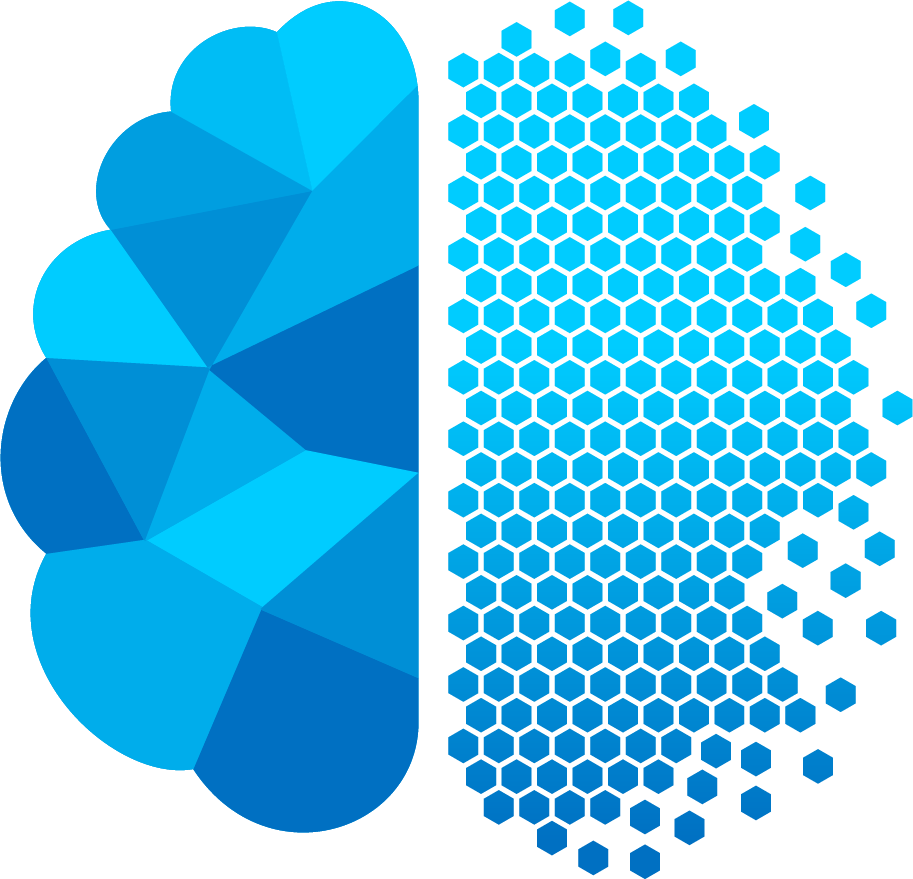Tech addiction – is anyone immune?
In today’s fast-paced world, where technology is at our fingertips 24/7, it’s easy to fall into the trap of tech and social media addiction. I know I have. From endless scrolling through social feeds, to constantly checking emails and notifications, our devices have become a constant source of stimulation, often leading to detrimental effects on our mental health and well-being.
Tech addiction, particularly to smartphones and social media platforms, has become increasingly prevalent in modern society. The constant need for validation through likes and comments, the fear of missing out (FOMO), and the instant gratification provided by these platforms all contribute to addictive behaviors.
Many find themselves mindlessly reaching for their phones in moments of boredom or stress, only to find themselves sucked into a digital vortex for hours on end. This over-reliance on technology can have serious consequences, impacting our ability to focus, our relationships, and our overall well-being.
The Role of the Amygdala and Dopamine
The amygdala, the part of our brain responsible for processing emotions, plays a significant role in addiction. Not just phone addictions, but any addiction. When we engage with technology and social media, our amygdala is activated, releasing dopamine – the feel-good neurotransmitter associated with pleasure and reward. This creates a feedback loop where we seek out more of the same stimuli to replicate the pleasurable experience, ultimately leading to addiction. We often talk about alcoholics drinking their stress away, or drug addicts shooting themselves up to drive away their woes. We know that they feel worse afterwards too, and the problems do not go away.
Have you ever stopped to consider that maybe we are scrolling our woes away? Maybe it’s been a stressful day, so we post about it to get the likes, comments, and DM’s that lead to a shot of dopamine to make us feel better. Often we get done scrolling or doing whatever it is we do, and we feel more dejected than before. Not to mention, that the whole time we were failing to be fully mentally present around our loved ones and friends. Hmm, also a symptom of other addictions…..
Tech Addiction: A Modern-Day Drug
In many ways, tech addiction parallels substance addiction. Just like drugs or alcohol, excessive technology use can alter brain chemistry, leading to dependency and withdrawal symptoms when deprived of access. It does this by creating a well worn pathway in our brains that we follow anytime we are stressed or troubled. Our brain remembers what felt good before and takes over. Have you wondered yet why in those moments its so hard to say no? It’s because the amygdala, the part of the brain that controls the dopamine is also the same portion of your brain that controls fight or flight. So, the dopamine rush experienced when receiving likes or notifications acts as a digital high, reinforcing the addictive behavior. Moreover, prolonged tech use can negatively impact sleep patterns, attention span, and interpersonal relationships, further exacerbating the addiction’s grip.
Retraining Our Brains
The good news is that it’s possible to break free from the shackles of tech addiction and retrain our brains to foster healthier habits. The Bible tells us that we are transformed by the renewing of our minds.
Here are some strategies to consider:
Digital Detox: Start by setting aside designated times to disconnect from your devices each day. Engage in offline activities that bring you joy and fulfillment, such as reading, exercising, or spending time in nature. By consciously taking a break from the digital world, you can give your brain the opportunity to reset and recharge.
Meditation and Connection with God:
Incorporate worship, meditation on God’s word, and prayer into your day. Especially move towards God when you are feeling stress, triggered, worked up etc. Going to God will train the brain that the answer is not tech, It’s God.
Establish Boundaries:
Set boundaries around your tech usage, such as turning off notifications, limiting screen time, and creating tech-free zones in your home. Enlist the support of friends and family to hold you accountable. By creating a supportive environment that encourages mindful tech use, you can gradually reduce the hold that technology has on your life.
Seek Professional Help:
If you find yourself struggling to curb your tech addiction, don’t hesitate to seek support from a mental health professional. Therapy can provide valuable tools to address underlying issues contributing to addictive behaviors. A Biblical Counselor can work with you to uncover the root causes of your tech addiction, and help you find healing at the cross of Jesus, as well as develop personalized strategies to help you walk away from addiction
While technology has undoubtedly revolutionized the way we live, it’s essential to recognize the potential pitfalls of excessive tech use and take proactive steps to maintain a healthy balance. By understanding the underlying mechanisms of addiction and implementing strategies to retrain our brains, we can reclaim control of our digital lives and prioritize our well-being in the digital age. Remember, it’s okay to unplug and take a step back from the constant stream of information and stimulation. By doing so, you can cultivate a healthier relationship with technology and regain a sense of balance in your life.




